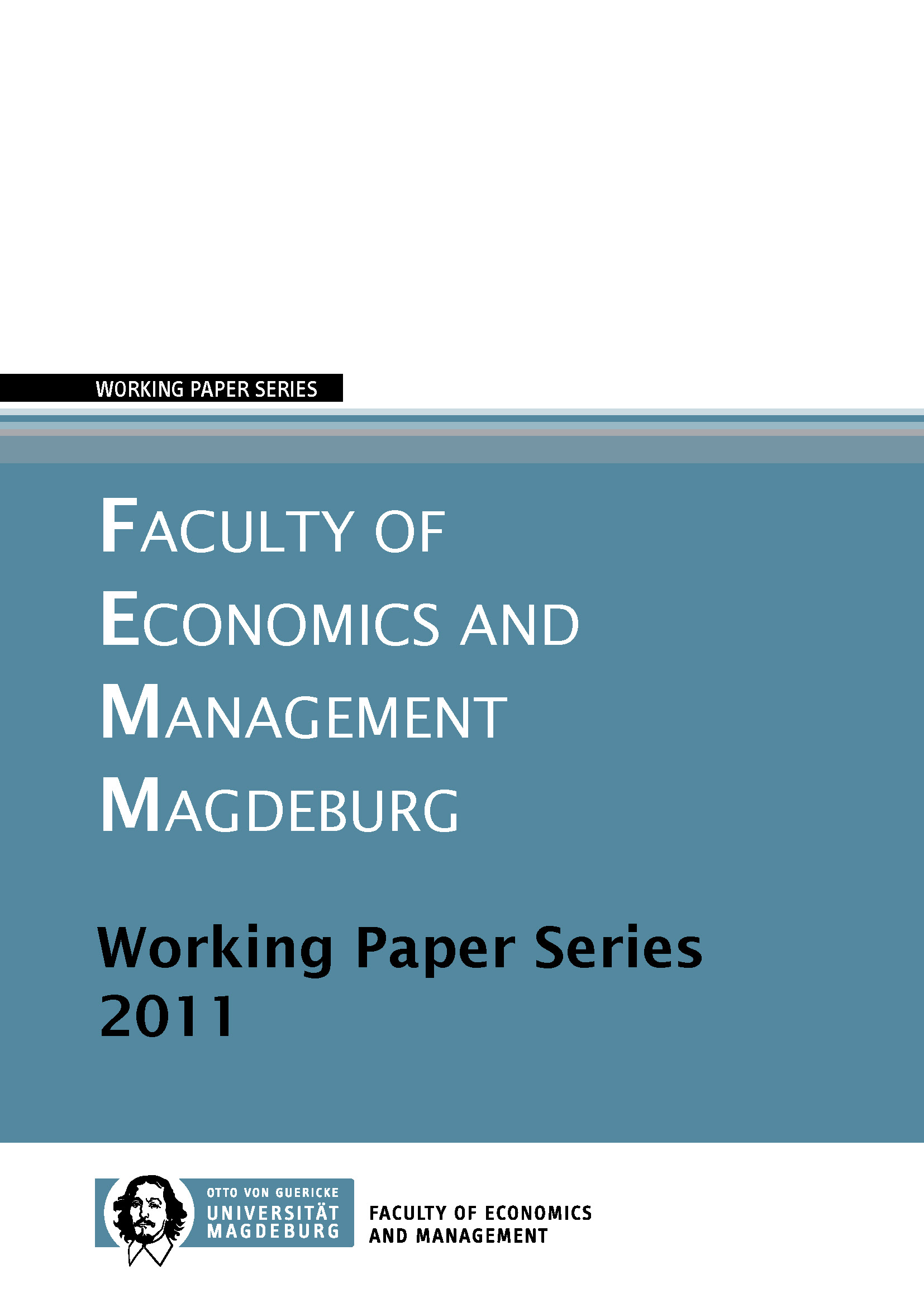How do international stock markets respond to oil demand and supply shocks?
DOI:
https://doi.org/10.24352/UB.OVGU-2018-471Schlagworte:
Net oil exporters, Oil price shocks, Stock market returns, Structural VAR estimationAbstract
Building on Kilian and Park's (2009) structural VAR analysis of the effects of oil demand and supply shocks on the U.S. stock market, this paper studies the responses of a broader set of stock markets in six OECD member countries. The focus is on the differences and commonalities in the response of stock prices in net oil exporting and net oil importing economies during 1974-2011. Structural oil price shocks aid our understanding of historical fluctuations in stock returns - in particular of the 2008 stock market crash. I find that unexpected shortfalls in global oil supply have no significant impact on the stock market in any of the six countries. While an increase in global aggregate demand consistently raises oil prices and cumulative stock returns, the effect is more persistent for net oil exporters and more pronounced for Norway. Other, e. g., precautionary oil demand shocks have a detrimental impact on the stock market in oil importing countries, a statistically insignificant effect for Canada, and a significantly positive effect for Norway. Oil prices account for a larger fraction of the forecast error variance in global relative to national stock returns.


